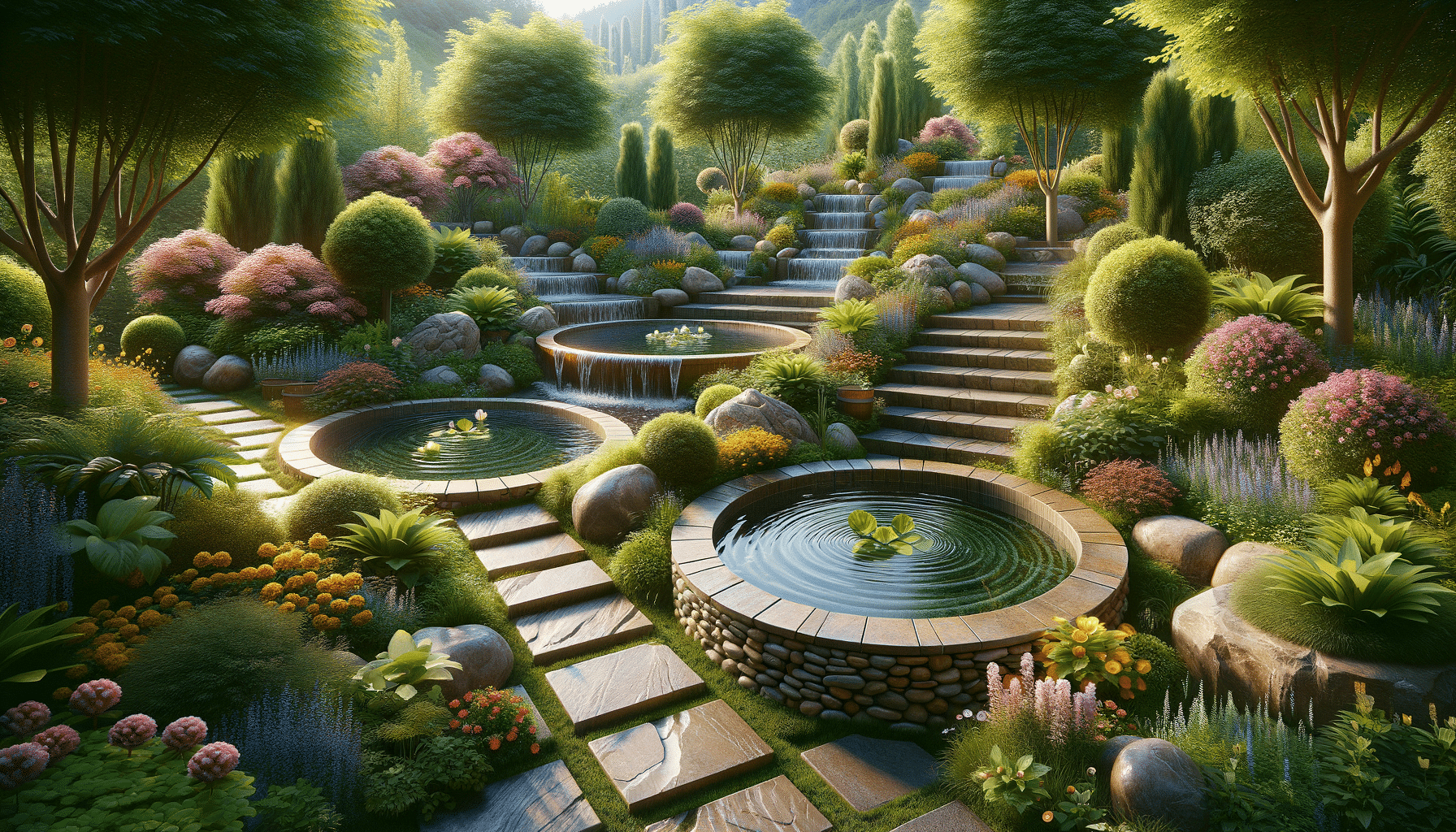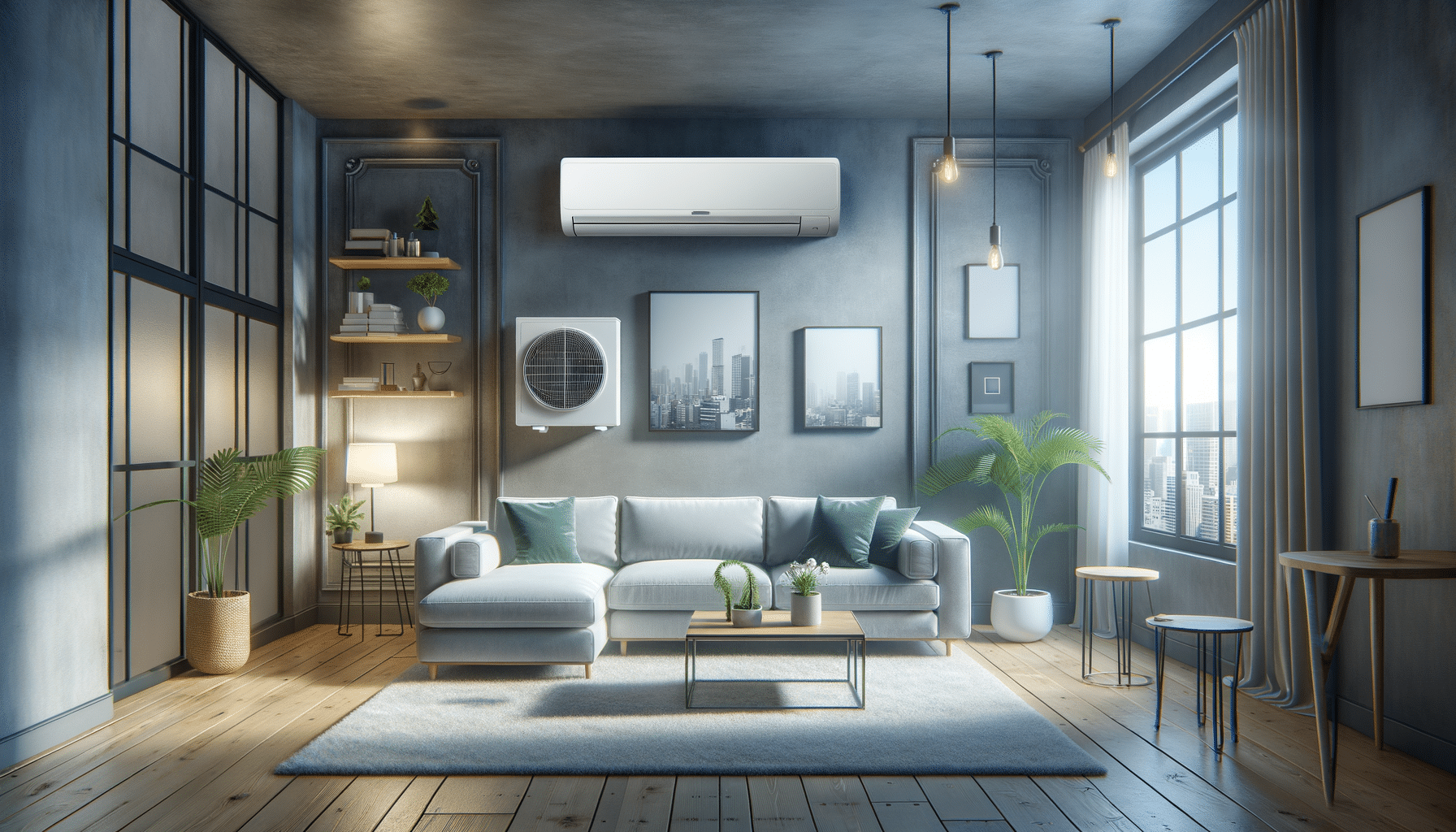
Small Pools for Gardens: A Complete Guide
Introduction to Small Pools for Gardens
Small pools for gardens are an innovative solution for homeowners looking to enhance their outdoor spaces without the commitment of a full-sized pool. These pools offer a perfect blend of functionality and aesthetics, making them a popular choice for those with limited space. With the increasing trend of urban living, many people find themselves with smaller backyards, yet the desire for a personal oasis remains strong. Small pools cater to this need by providing a refreshing retreat that can be enjoyed by the whole family.
There are several types of small pools available, each catering to different needs and budgets. From inflatable options that can be easily installed and removed, to more permanent above-ground or custom-built plunge pools, the choices are vast. An inflatable pool is often the most budget-friendly option, while a custom-built plunge pool can offer a more luxurious feel. Regardless of the type, these pools provide a great way to cool off during the hot summer months and can significantly enhance the visual appeal of your garden.
In addition to their aesthetic and recreational benefits, small pools are also relatively easy to maintain compared to larger pools. Their smaller size means less water to clean and fewer chemicals needed, making them an environmentally friendly option. With proper care, a small pool can provide years of enjoyment and relaxation.
Types and Costs of Small Pools
When considering adding a small pool to your garden, it’s important to understand the different types available and their associated costs. Generally, small pools can be categorized into three main types: inflatable pools, above-ground pools, and custom-built plunge pools. Each type has its own set of advantages and price points, making it essential to choose one that aligns with your needs and budget.
Inflatable pools are the most affordable option, with prices typically ranging from $500 to $1,000. These pools are ideal for those looking for a temporary solution, as they can be easily set up and taken down. They are perfect for families with young children or for those who want to enjoy a pool without a long-term commitment. However, they may not offer the same durability and aesthetic appeal as more permanent options.
Above-ground pools offer a more permanent solution and can range from $1,000 to $5,000. These pools are generally easy to install and maintain, making them a popular choice for many homeowners. They come in various shapes and sizes, allowing for customization to fit your garden’s layout. While they may require a larger initial investment than inflatable pools, their durability and longevity can make them a cost-effective choice in the long run.
Custom-built plunge pools are the most luxurious option, with costs typically ranging from $10,000 to $15,000. These pools are designed to fit seamlessly into your garden’s landscape, offering a high-end aesthetic and a personalized swimming experience. Although they require a significant investment, they can add considerable value to your property and provide a unique focal point for your outdoor space.
Installation and Maintenance Tips
Installing a small pool in your garden can be a straightforward process, but it requires careful planning and consideration. The first step is to choose the right location, ensuring that the pool will receive adequate sunlight and is easily accessible. It’s also important to check any local regulations or permits required for installation, especially for more permanent structures like above-ground or plunge pools.
Once the pool is installed, regular maintenance is crucial to keep it in good condition. This includes routine cleaning to remove debris and maintain water clarity. For inflatable and above-ground pools, this often involves using a pool vacuum or skimmer. In the case of plunge pools, more advanced filtration systems may be necessary to ensure the water remains clean and safe for swimming.
Chemical balance is another critical aspect of pool maintenance. Regularly testing the water and adjusting the chemical levels as needed can prevent issues such as algae growth and ensure a safe swimming environment. Investing in a quality pool cover can also help reduce maintenance efforts by keeping out leaves and other debris when the pool is not in use.
Finally, winterizing your pool can protect it during the colder months and extend its lifespan. This process typically involves draining some water, adding winterizing chemicals, and covering the pool to prevent damage from freezing temperatures. With proper care and attention, a small pool can provide a delightful escape for years to come.


